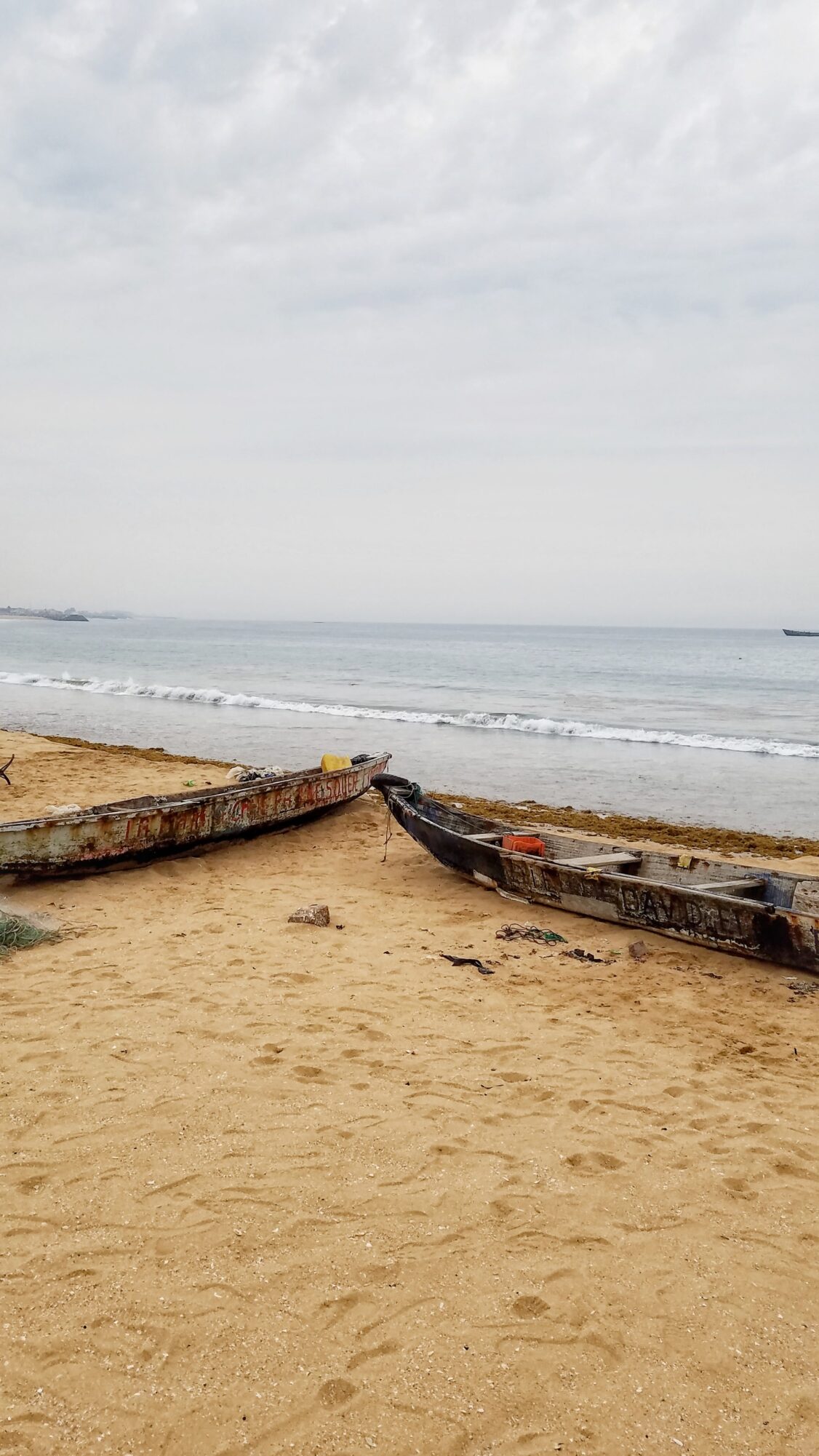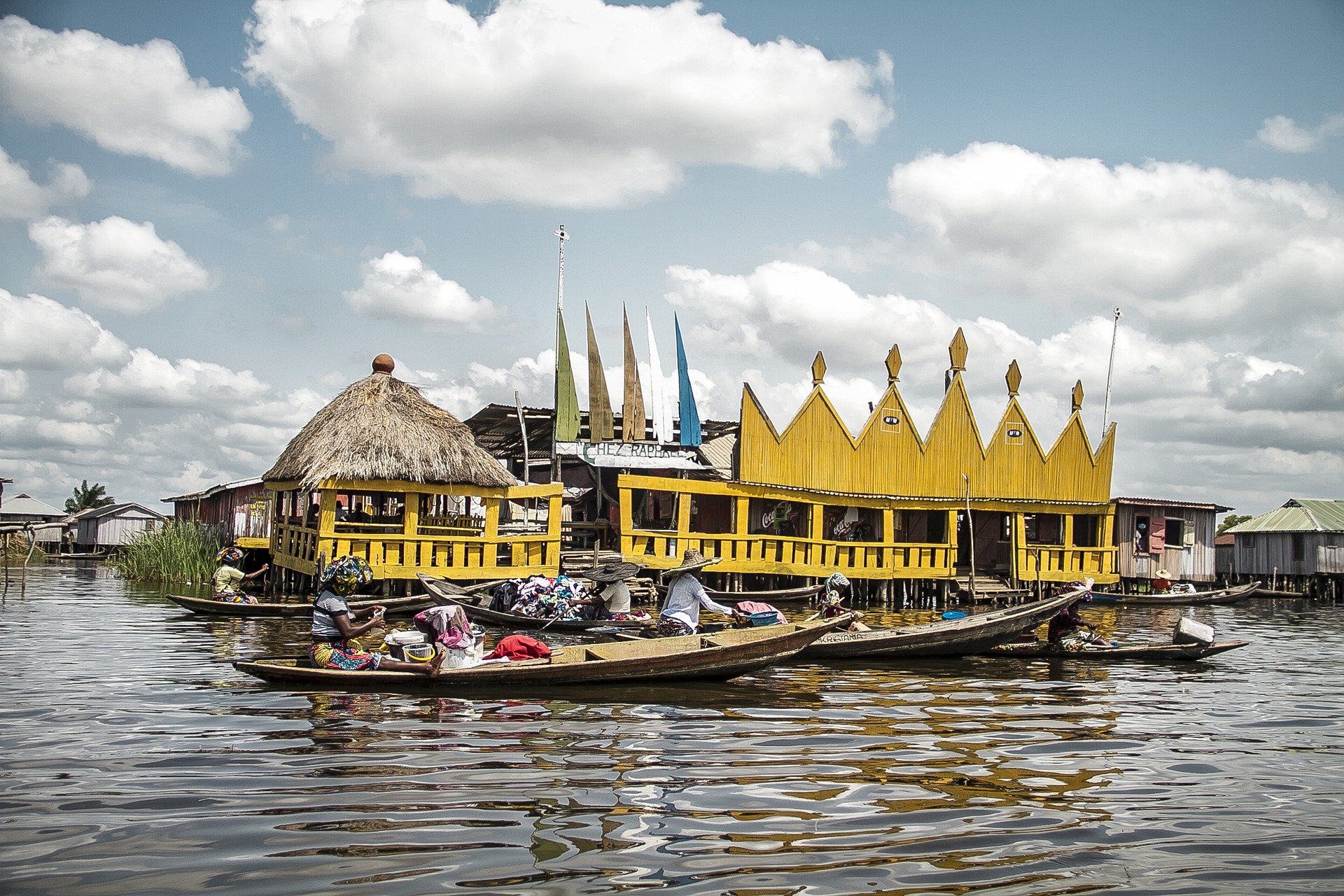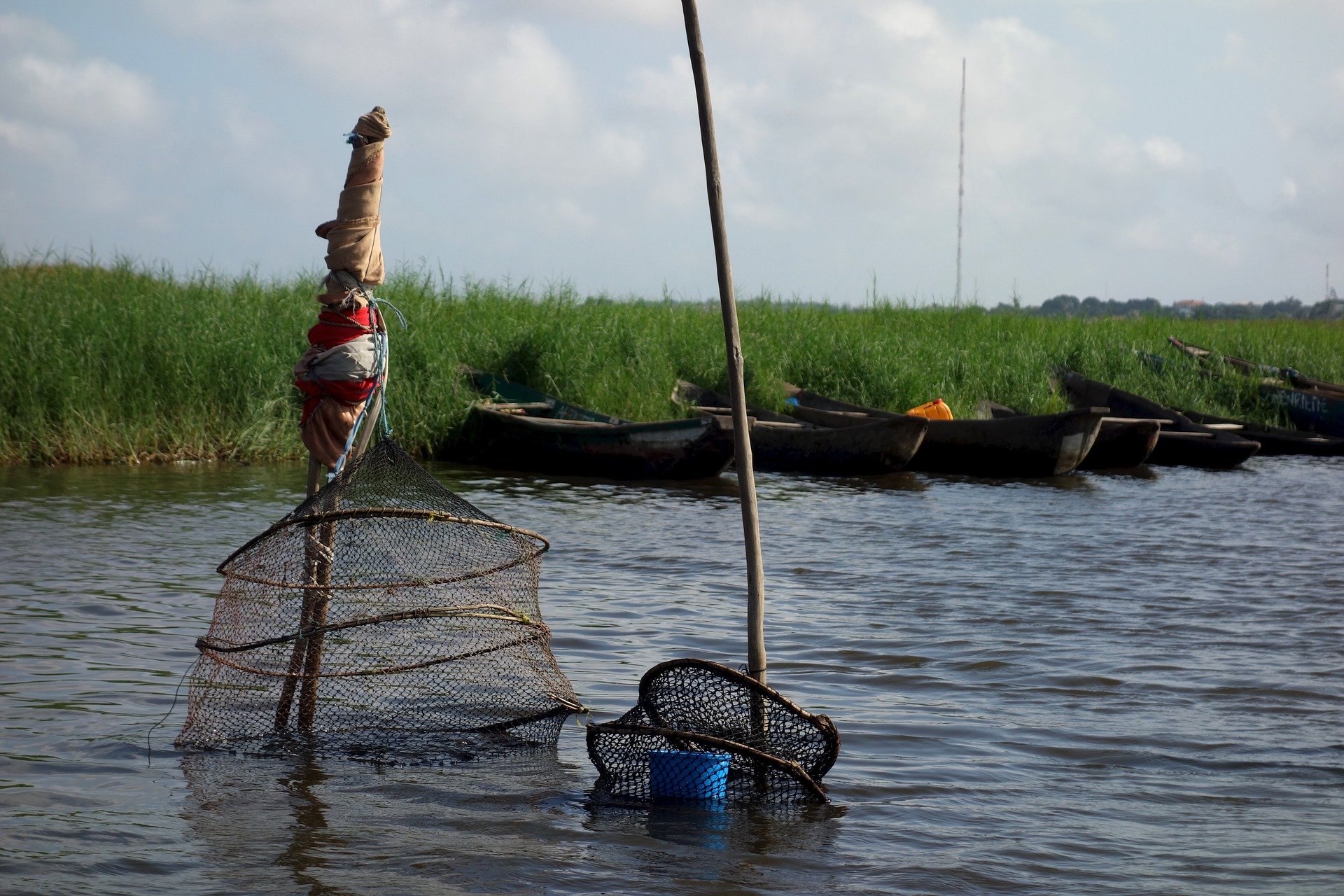Benin
Travel tips for Benin
Top 5 Experiences
The small country in West Africa, as big as Austria and Switzerland combined, impresses with its varied landscapes, voodoo, world cultural heritage sites and a diverse fauna:

Voodoo
In no other country Voodoo is celebrated as much as in the West African country Benin. There the old belief, officially recognized as a religion, even has its own holiday. On Ouidah Beach at the coast, on January 10th, the official Voodoo Day, the largest voodoo celebration in the country takes place. At one of the everyday voodoo ceremonies, mask and show dances provide insights into the mysticism of West Africa, full of energy and magic.

History
Even today, the ruins of royal palaces, which are a UNESCO World Heritage Site, as well as many museums are reminiscent of the former, powerful kingdom of Dahomey. The kings of the time profited from the slave trade at the coasts. The first settlers fled slavery on Lake Nokoué and built the water village Ganvié with stilt houses. Around 200,000 people still live there today.

Safari
In the North of the country there is an amazing animal population. The Pendjari and W national parks, through which the Niger River runs like a “W”, are among the last refugees for the largest elephant population in the region and the endangered West African lion. Cheetahs, antelopes, buffalo and 568 different bird species can also be observed here on a safari.

Landscape
Much of the area of Benin consists of vast savannas that mix with dense forests, while the green and majestic Atacora low mountain range is composed of various types of rock. The highest mountain, Mont Sokbaro, is at an altitude of 658m and offers an impressive view over the wide valleys of Benin.

Water world
Benin borders the Atlantic Ocean, which is called the Gulf of Guinea here. The bay impresses with lonely sandy beaches and palm-fringed lagoons, the inland with lakes, river valleys and swamps. Due to the largest rivers Niger and Ouémé, from which many tributaries flow, the area around the capital Porto Novo is very watery and invites to go on boat trips.
Tourist infrastructure
The international airport Cadjehoun (Cotonou) is the starting and ending point of all international flight connections, whereby Benin can only be reached from Europe with one stopover. The tourist infrastructure is still in the development phase. Road conditions can vary depending on the region, but are generally in a relatively good condition, although uneven slopes are standard. In the rainy season, some roads are often not passable. There are bus connections and shared taxis within the country.
Accommodatiosn in different categories can be found in the regions that are better developed for tourism. In the interior of the country and outside the larger cities there is only a very limited number of accommodations, which are usually rather simple.
Climate and travel season
The best time to travel varies depending on the climate zones within the country. In principle, it is advisable to travel during the dry season because many of the unpaved roads become impassable in the rainy season. For the regions in the South, the months of December to March as well as July and August are the ideal travel times. There it is tropical and humid and the temperatures reach a pleasant 27 – 32 ° C during this time. In the North there is a dry South-Sahelian climate, the best travel time is from November to February. During this time, the average daytime temperatures are permanently above 30 ° C and there is no rain. March and April are also relatively dry, but very hot.
Visa and entry
Travel documents must be valid for at least three months at the time of entry and need to have have sufficient space left for visas, entry and exit stamps. Germans, Austrians and Swiss need a visa to enter the country. This must be requested before entering the country either at the responsible embassy of Benin or as an e-visa. The e-visa is usually ready to print after 24 hours. When applying for a visa, the flight ticket and vaccination certificate with a valid yellow fever vaccination must be presented. Depending on the length of stay, the prices for the visa vary between 15 and 30 €. An extension of the residence permit must be applied for in at the Direction de l’Immigration in Cotonou (Avenue Pape Jean Paul II) advance before the visa expires. If a visa is not renewed in time, a weekly penalty fee of XOF 25,000 is due.
Since the regulations can change at any time, all information are non-binding and without guarantee. Please observe the visa regulations and the current information of the Federal Foreign Office / Federal Ministry European and International Affaires / Federal Department of Foreign Affaires at all times.
Impressions from Benin
(Click to enlarge)
Stories
International Hotel Chains Are Driving the Hotel Boom in Africa
Frankfurt, 03 April 2024 - The "Big 5" of global hotel chains - Accor, Hilton, IHG, Marriott International and Radisson ...
Internationale Hotelketten treiben den Hotelboom in Afrika voran
ReThinking Africa Initiative setzt sich für Investitionen in Afrikas Tourismuswirtschaft ein Frankfurt, 03. April 2024. Die „Big 5“ der globalen Hotelketten ...
Voice4Africa x ReThinking Africa News March
KLEBER Group x ReThinking Africa News March 2024 Content Foreword Investment in Africa's tourism industry as a driver for sustainable ...
Our partners for Benin
Visa, Entry, and Updates
Current accessibility
Corona precautionary measures
Status: 01.10.2021




















